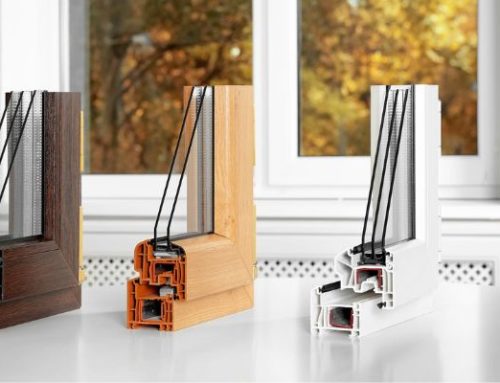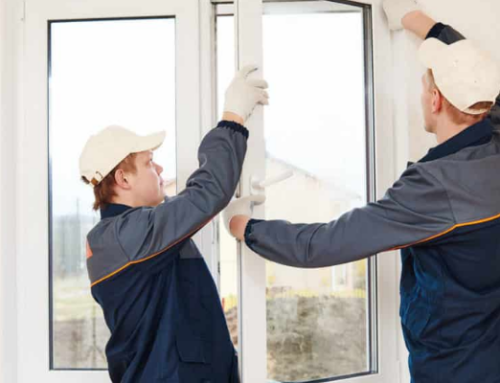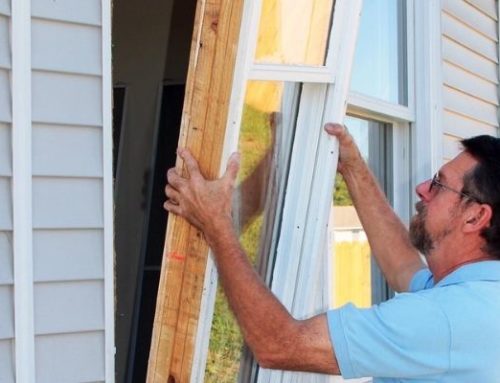As homeowners, we often strive to find ways to improve our homes while also saving money. One overlooked but significant investment towards this goal is replacing old windows. Not only do outdated windows impact the aesthetic appeal of our homes, but they also cause energy inefficiency and higher utility bills. Furthermore, they may become a safety hazard in extreme weather conditions. Replacing old windows offers a cost-effective remedy to these issues, improving both the home’s appearance and energy efficiency.
What are some of the benefits of replacing old windows? Here are some ideas to think about…
#1 Energy Efficiency:
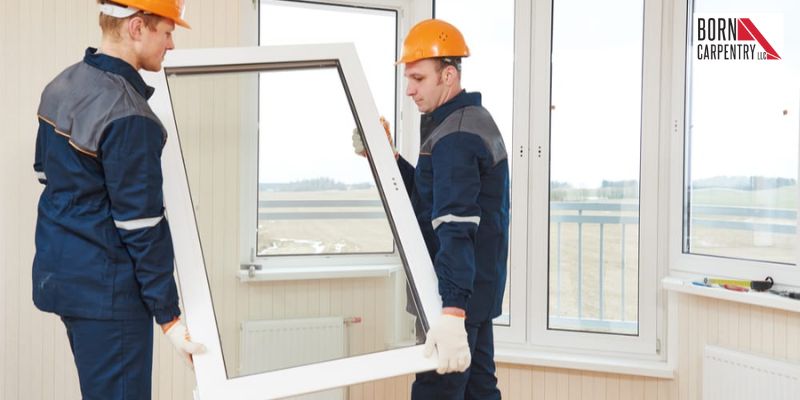
Old windows can be a major source of energy loss in your home, allowing warm air to escape in the winter and cool air to escape in the summer. This can lead to higher energy bills as your heating and cooling system has to work harder to maintain a comfortable temperature.
Replacing old windows with new, energy-efficient windows can help improve your home’s energy efficiency and save you money on energy bills. Energy-efficient windows are designed to keep warm air inside in the winter and outside in the summer, helping to reduce your heating and cooling costs. They may also be eligible for tax credits or rebates, which can further reduce the cost of installation.
#2 Home Value:
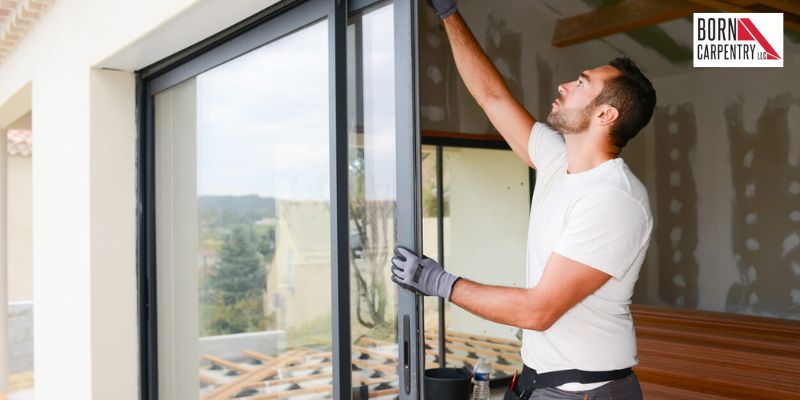
Replacing old windows can also increase the value of your home, making it more attractive to potential buyers if you decide to sell. New windows can give your home a fresh, updated look and can enhance its curb appeal. They may also improve the overall comfort and livability of your home, which can be a major selling point for buyers.
Replacing old windows is typically considered a wise investment, with a high return on investment (ROI) compared to other home improvement projects. In fact, according to the National Association of Realtors, homeowners can expect to recoup around 72% of the cost of window replacement when they sell their home. This can make window replacement a smart financial decision that not only improves your home’s energy efficiency but also boosts its resale value.
#3 Noise Reduction:
Older windows may not be able to effectively block out noise from the outside, which can be particularly problematic if you live near a busy street or in a noisy neighborhood. Replacing old windows with new, double-paned windows can significantly reduce the amount of noise that enters your home, creating a quieter, more peaceful living environment. This can have several benefits, such as improving your quality of life by reducing stress levels, promoting better sleep and enhancing your ability to concentrate. Additionally, if you work from home or have young children, a quieter home can be particularly important for maintaining productivity and ensuring that your children get the rest they need.
#4 Low Maintenance:
Older windows may require more frequent maintenance, such as painting, caulking and weatherstripping, which can be time-consuming and costly. Replacing old windows with new, low-maintenance windows can save you time and money in the long run, as they typically require little to no upkeep beyond occasional cleaning.
Low-maintenance windows are typically made from materials such as vinyl, fiberglass or aluminum, which are resistant to rotting, warping and insect damage. They are also designed to withstand harsh weather conditions, such as high winds and heavy rain, which can further reduce the need for maintenance. By choosing low-maintenance windows, you can save time and money on upkeep and enjoy a hassle-free home improvement.
#5 Improved Home Security:
Older windows may not provide adequate security against intruders, as they may be easily broken or pried open. This can leave your home vulnerable to break-ins and theft, putting your family and belongings at risk.
Replacing old windows with new, more secure windows can help improve your home’s security and give you peace of mind. Many modern windows are designed with features such as reinforced frames, multi-point locking systems and shatter-resistant glass, which can make them much more difficult to break into.
#6 Environmental Benefits:
Replacing old windows can also have environmental benefits, as it can help reduce your home’s carbon footprint and contribute to a more sustainable future. Old windows may be drafty or leaky, which can cause your heating and cooling system to work harder and use more energy.
By replacing old windows with new, energy-efficient windows, you can reduce your home’s energy consumption and lower your carbon emissions. This can help you save money on energy bills while also doing your part to protect the environment. Additionally, many modern windows are made from sustainable materials, such as wood or recycled glass, which can further reduce their environmental impact.
Summary:
In conclusion, replacing old windows can be a great investment in your home and your wallet. By choosing energy-efficient windows, you can improve your home’s insulation, reduce your energy bills and increase your home’s value. While the initial cost of replacing windows may seem daunting, the long-term benefits make it a smart financial decision. In addition to the financial benefits, new windows can also improve the look and feel of your home, making it a more comfortable and enjoyable place to live. So if you’re looking for a way to improve your home and save money in the long run, consider replacing your old windows with new, energy-efficient ones.




